An MPs’ report on the impact of Brexit on fishing has reignited a fierce debate over whether the UK’s departure from the EU was good or bad for the sector.
After taking evidence from “voices” of the UK industry based on their experiences during the first year after Britain officially left the EU, the All Party Parliamentary Group on Fisheries (APPGF) has reported a “principally negative” view of Brexit.
Brexit appears to have been the final trigger for, in the words of one fisherman, ‘a perfect storm’.”
All Party Parliamentary Group on Fisheries.
This is in stark contrast to the previous expectations among fishers of a “sea of opportunity” awaiting them – or so they thought – after the UK-EU trade agreement.
Industry chiefs said the new report highlighted how the Brexit deal “fell far short” of what they had sought and what the UK Government had promised, while SNP and Conservative politicians predictably had contrasting views on its conclusions.
APPGF made six key recommendations based on industry responses to its inquiry.
Implementing these would ensure quotas are “distributed and managed more fairly”, while also introducing further restrictions on non-UK fishing fleet access to UK waters and delivering “effective and inclusive” management of fish stocks, the report said.
They would also see the introduction of measures to boost exports through greater efficiencies and lower costs, collaboration with the EU to free up trade and remove regulatory and financial barriers, and investment in infrastructure and new markets.
APPGF’s report concluded: “Brexit appears to have been the final trigger for, in the words of one fisherman, ‘a perfect storm’.
“Adding to this is a sense of unfairness and frustration at the impacts of Brexit, which for some respondents appears to have been heightened by the expectations they held prior to the publication of the Trade and Cooperation Agreement.
“One fisherman, when asked if any of the impacts he had experienced had been unexpected, answered ‘all of them, because we were told we would be getting the independence of our sovereign waters back and that has not happened’.”
The report added: “Despite an overall clear sentiment that the effects of Brexit were principally negative, some potential positive effects were recognised.
“Among respondents who had faced challenges in exporting their goods, it was acknowledged that problems which emerged at the outset of Brexit had since improved.”
Scottish Fishermen’s Federation chief executive Elspeth Macdonald said: “The SFF made clear its view that the Brexit deal on fisheries fell far short of what the industry had sought and what the UK Government had promised.
“There were modest uplifts in quota at best for some stocks, but overall a massive failure to secure control of access to our fishing waters.”
Scottish White Fish Producers’ Association CEO Mike Park said: “It is clear, for the offshore catching sector, Brexit failed to deliver any benefits of being a coastal state.
“We now have to wait for the end of the transition period in 2026 before pushing ahead to right the injustice we were delivered.”
Scottish Seafood Association CEO Jimmy Buchan said fishers had been “badly let down”, while post-Brexit trading conditions for processors was “challenging at best”.
But Mr Buchan added: “On the whole, apart from the first few weeks of 2021, the industry has adapted well and made the necessary changes needed to be compliant with the rules of export.”
Banff and Buchan MP David Duguid, fisheries envoy for Prime Minister Boris Johnson, said: “This report presents a high-level description of the issues experienced – particularly in the early months of that year (2021).
“Many businesses found adjusting to export processes outside the EU harder than others, but these issues have been and continue to be addressed.”
Rural Affairs Secretary Mairi Gougeon said the hard Brexit “imposed on Scotland” had inflicted “significant and lasting damage on the fishing industry, wider seafood sector and our coastal communities”.
UK Government fisheries funding to date is “paltry, compared to the real costs of Brexit“, Ms Gougeon said as she urged Westminster to “replace lost EU funding in full”.
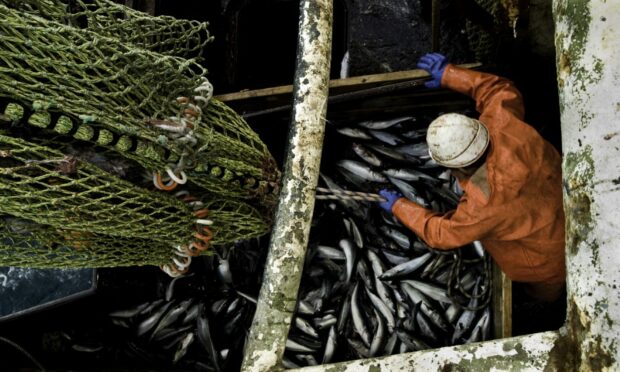
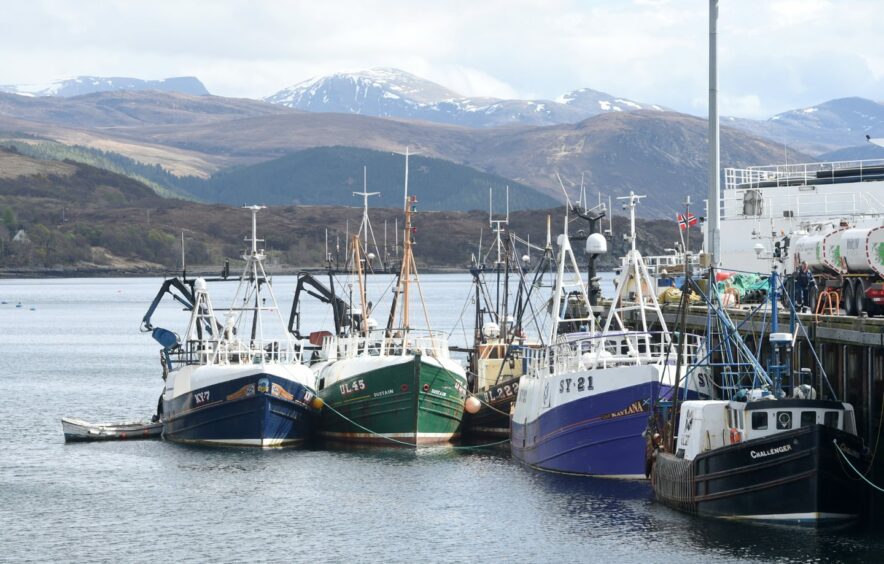
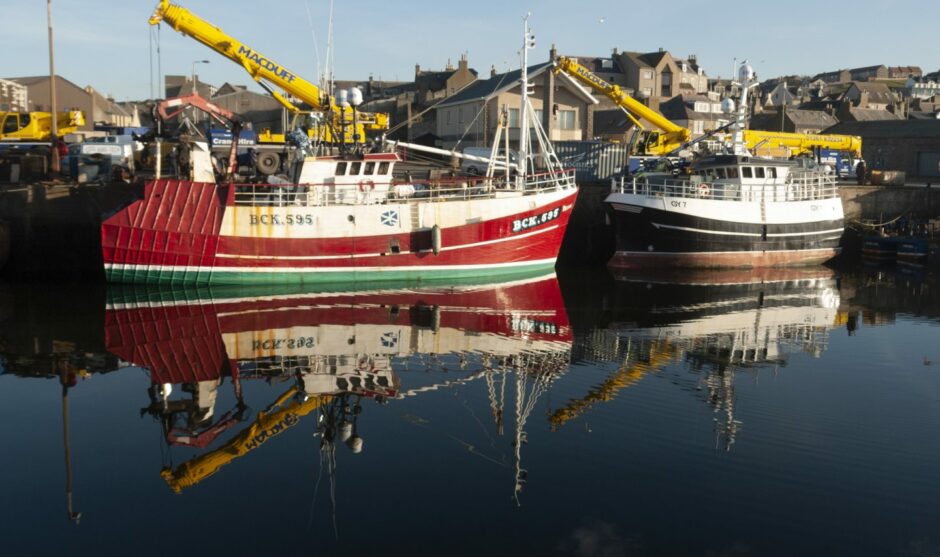
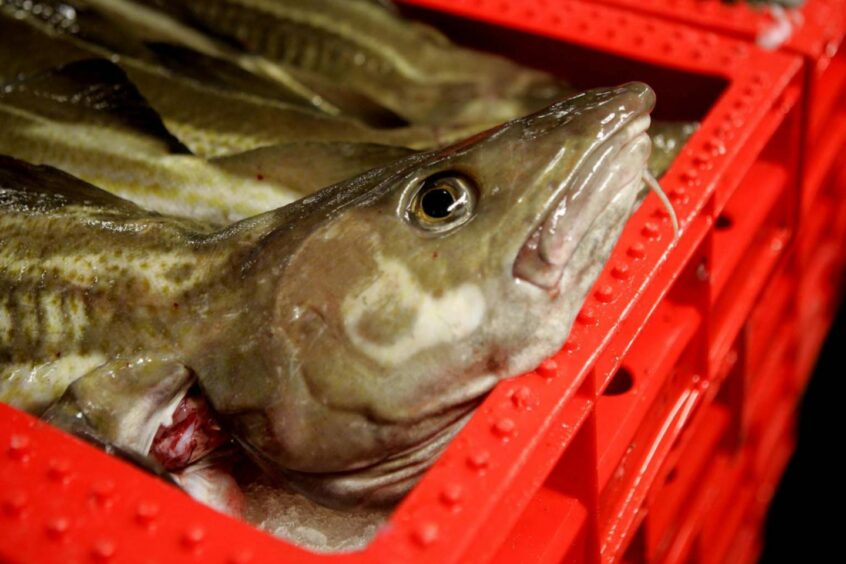
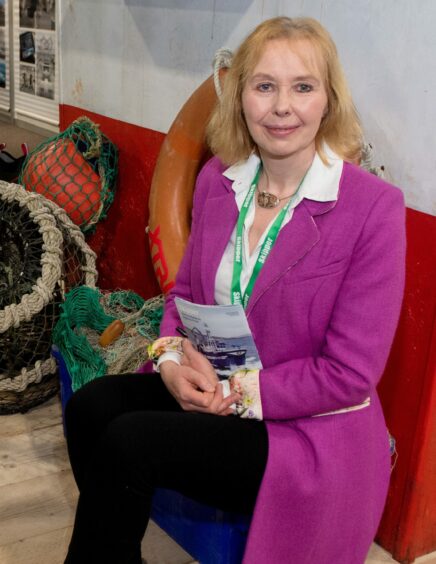
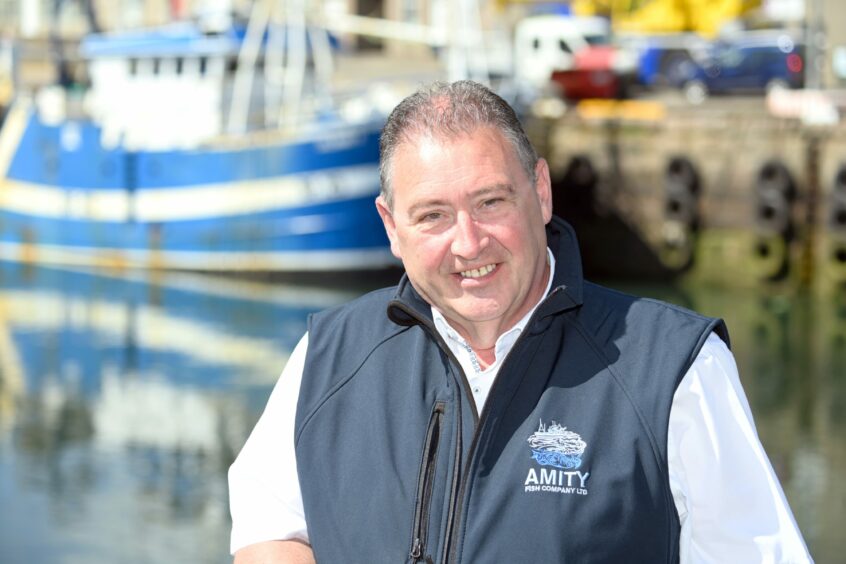
Conversation